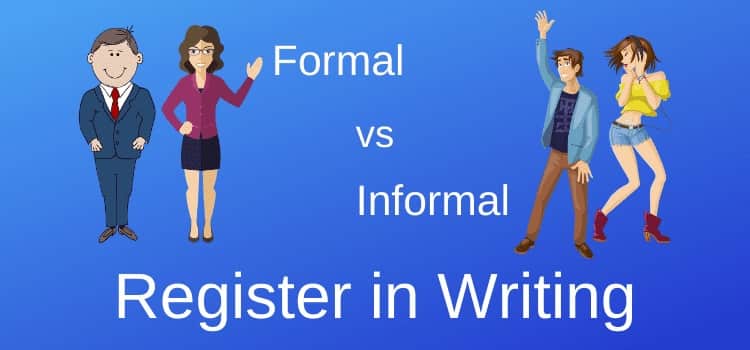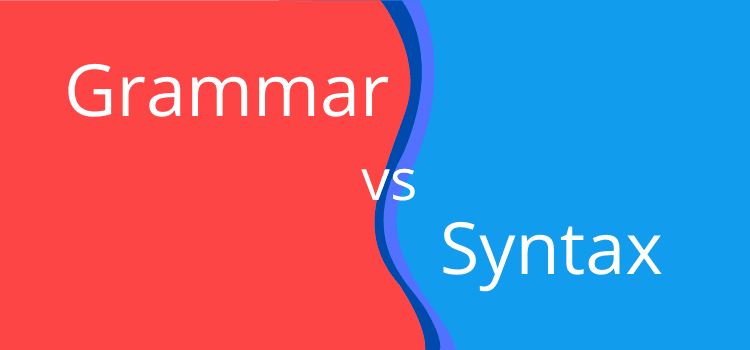
Why is a wish in the past tense in English when it’s about something you want now or in the near future?
You might say that it’s simply grammar. But if you think about it, for a wish to come true, it needs to happen in the past.
I wish I had a dog. For this wish to become a reality, you needed to buy, borrow, or steal a dog before now.
There are many uses for the verb wish, so let’s take a look at some of them.
Wishes for something now
The most common use for the verb wish is to want something to be different in the present or, possibly, the near future.
In this use, wish in the past tense form expresses an unreal past that didn’t happen.
I wish I had more time to spend with the kids. (I don’t have much time at present, but I would like to have more.)
I wish I was going on holiday to Spain with you. (You are going, but I’m not.)
I wish I was taller. I wish I were taller. (It’s common to use the subjunctive verb were when expressing desires.)
I wish it wasn’t raining. (It was raining before, and it is still raining.)
Another form of wishing something to be different now is to use the phrase, if only. We use it when we want something that is impossible now.
If only I was young again.
If only I knew you back then.
If only I was born into royalty!
Wishes to change the past
When we use wish or if only to talk about changes in the past, we use the past perfect tense.
It expresses a hypothetical and unreal past and means that we have regrets about something we can’t change.
If only I had woken up early. (I didn’t wake up early, so I missed my bus.)
I wish I had studied French at college. (I didn’t, and now I’m going to struggle when I go on holiday to Paris.)
I wish I had been born in France. (I wasn’t, so I can’t speak French.)
Complaining wishes
We can also use wish to complain about behavior or to express disapproval.
It often expresses impatience, annoyance, or dissatisfaction with present actions.
In this form, wish or if only is followed by would plus an infinitive verb. But note here that would in this use is the past form of will.
Commonly, would is negative to express a desire for an action to stop.
I wish you would spend more time at home. (You work too much.)
I wish you wouldn’t arrive so late all the time. (I’m annoyed because you always come late and I want you to arrive on time)
If only our neighbors would stop playing music so loud at night. (It’s so annoying, and I can’t sleep.)
I wish the kids would stop arguing. (But they constantly argue and haven’t stopped.)
It’s time with the past

Another phrase that uses the past simple form in a similar manner to wish is it’s time.
It says that the time has passed for an action to occur.
It’s time we went. (We planned to leave at five, but it’s half past five now.)
It’s time we bought a new car. (Our current car is old and always needs repair.)
It’s time David gave up football. (He’s too old now.)
As a note, you can also use the infinitive verb. But it means that the time is now right to do something.
It’s time to go. (We planned to leave at five, and it’s five now.)
It’s time to buy a new car. (We buy a new car every four years.)
Using wish with to or a gerund
Wish, followed by an infinitive, generally indicates that you want to do something.
It is more polite than saying you want something.
I wish to see the manager.
My client wishes to file a formal complaint.
I wish to have my case reconsidered.
You can also use wish followed by a gerund with or without a that.
I wish (that) learning Japanese wasn’t so difficult.
I love traveling to Nepal, but I wish (that) getting there was easier and cheaper.
Wish as an expression of hope

We often use wish to say that we hope for a successful or pleasant outcome, but also to say good luck.
It is more concise and polite to use wish rather than hope, which requires an extra verb.
I wish you a pleasant journey. (I hope you have a pleasant journey.)
We wish you good luck with your exam. (We hope that you pass your exam.)
I wish you a nice afternoon. (I hope that you have a nice afternoon.)
Summary
It’s such a simple verb, but wish in the past tense can cause some confusion in writing.
It might sound a bit odd, but it is logical once you understand why.
All you need to remember are the three primary forms of wish in the past tense.
1. Express a want for something now.
2. Talk about the hypothetical past that you can’t change.
3. Complain about someone or something.
As for the other forms, it’s a matter of adding them to your grammar knowledge.
Note that there can be minor variations between US and British English in my examples.
But in general, both follow similar structures.
Related reading: Use The Comma Before And In A List Avoids Misunderstandings
Share This Article


